Posted on 12/19/2025

A new year is a good excuse to reset more than your calendar. It is also a smart time to reset how you take care of your car. A few realistic car care resolutions can keep your vehicle from surprising you with breakdowns and big repair bills later in the year. Start the Year With a Maintenance Baseline Before you can plan ahead, it helps to know where things stand today. Take a look at your service records and see when the last oil change, brake job, coolant service, and transmission service were actually done. Many drivers are surprised to find gaps of several years on items they thought were up to date. If you do not have clear records, treating the new year as a “baseline” service point makes sense. A thorough inspection with fresh oil and filters gives you a solid starting line. From there, you can build a schedule instead of guessing. Make Oil and Fluid Changes a Real Schedule Fluids are the lifeblood of the engine, transmission ... read more
Posted on 11/28/2025
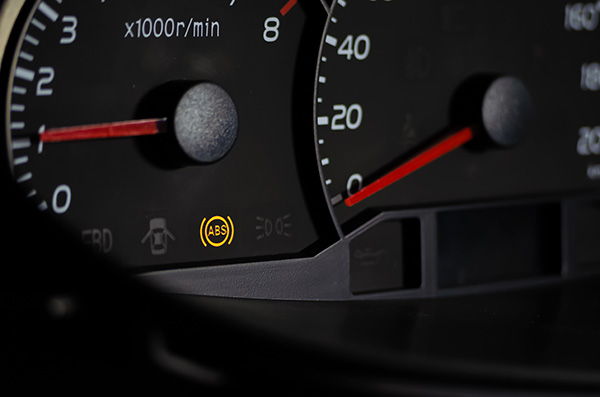
Seeing the ABS light glow on the dashboard can feel unsettling. Your car still stops when you press the pedal, so it is tempting to wait. That light is the brake system asking for attention, and it often turns a simple sensor or wiring fix into peace of mind on wet roads. What the ABS Light Is Telling You ABS stands for antilock braking system. It watches each wheel with speed sensors and prevents a lockup during hard stops by pulsing brake pressure. When the light comes on, the system has detected a fault and usually disables the antilock function. Your normal brakes remain, but the added safety net that helps you steer while braking hard is not available until the fault is repaired. Common Reasons the ABS Light Turns On Wheel speed sensors live near the hubs where they face heat, moisture, and road debris. A cracked sensor, damaged wir ... read more
Posted on 10/31/2025

California is a beautiful place to take a road trip in the fall. Whether you’re planning a weekend drive along the coast, heading to the mountains for crisp air, or visiting family for the holidays, preparing your car is just as important as planning your route. Cooler weather, longer drives, and heavier traffic can put extra strain on your vehicle. A little attention before you go will help you avoid roadside trouble and keep your trip safe and enjoyable. Here are the key things California drivers should check before hitting the road this fall. Inspect Tires for Tread and Pressure Tires play a huge role in safety and comfort on long drives. Before a road trip, check that your tread depth is at least 4/32 of an inch for reliable traction. Look for uneven wear, bulges, or cracks that could weaken a tire during high-speed travel. Don’t forget air pressure. Tire pressure drops as temperatures cool in the fall, so check each tire, including the spare. Prope ... read more
Posted on 9/26/2025

If your steering wheel suddenly starts shaking after hitting a pothole, it’s not just a minor annoyance. That vibration is your vehicle’s way of telling you something’s out of place, and the damage could be more serious than you think. Even a single jolt from a deep pothole can affect your wheels, suspension, or steering components, creating problems that get worse with time if not addressed. The good news is that a post-pothole inspection can usually catch the issue early and prevent further wear. How a Pothole Can Knock Things Out of Alignment Potholes aren’t just shallow dips in the road. They often have sharp edges, uneven surfaces, or sudden depth changes that create a strong impact. When your tire hits a pothole at speed, the force travels through your suspension, steering linkage, and wheel hub. It’s this jolt that can knock your vehicle out of alignment or even bend components. If your alignment is affected, your tires may not ... read more
Posted on 8/29/2025
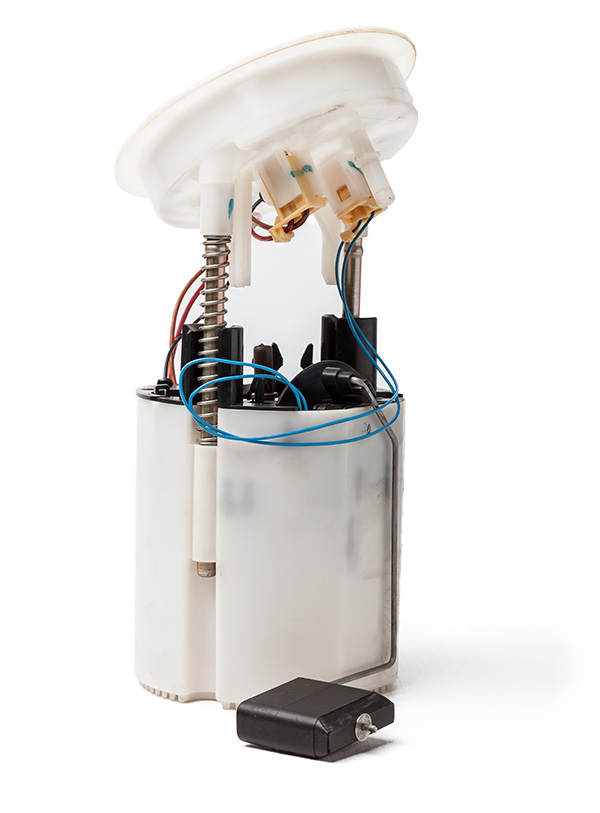
Your fuel pump is responsible for delivering gasoline from the tank to the engine at the correct pressure. Without it, your engine cannot run properly, or at all. While modern fuel pumps are built to last for many years, they can wear out over time, especially if a vehicle is driven with low fuel levels or has a clogged fuel filter. Knowing the warning signs of a failing fuel pump can help you take action before your car leaves you stranded. What the Fuel Pump Does The fuel pump is typically located inside the fuel tank. It pulls fuel from the tank and pushes it through the fuel lines to the engine. Along the way, it maintains the right amount of pressure so that the engine receives a steady flow of fuel for smooth combustion. If the pump fails to supply the correct pressure, the engine may hesitate, stall, or fail to start altogether. Common Symptoms of a Failing Fuel Pump One of the first signs of fuel pump trouble is difficulty starting the en ... read more
Posted on 7/25/2025
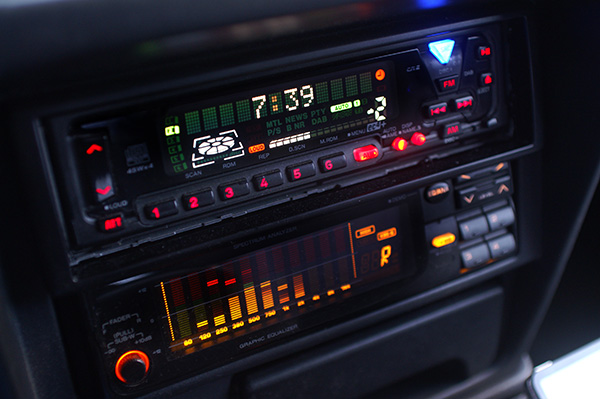
Music and driving go hand in hand for many people. Whether you enjoy a calm morning playlist on your way to work or blast energetic hits on a weekend road trip, the soundtrack you choose can shape your entire driving experience. But have you ever stopped to wonder if your choice of music actually affects how you drive? The answer might surprise you — studies show that the type of music you listen to can influence your mood, focus, and even driving behavior in unexpected ways. The Science Behind Music and Driving When you listen to music, your brain processes rhythm, lyrics, and melodies, triggering emotional responses and even physical changes, such as alterations in heart rate. While this can make driving more enjoyable, it can also influence your concentration and decision-making on the road. Research suggests that certain types of music can either help you stay calm and focused or, on the other hand, encourage risky or distracted behavior. Upbeat M ... read more
Posted on 6/27/2025
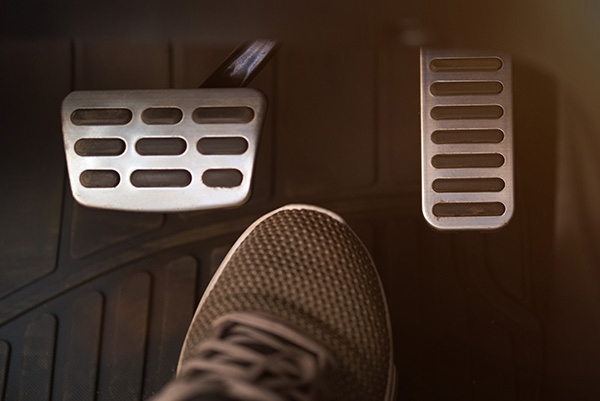
Have you ever slammed on your brakes and felt the pedal pulsate under your foot? That pulsing sensation can catch drivers off guard and raise concerns about whether the brakes are failing. In many cases, the pulsation is completely normal; however, in others, it may indicate a developing issue that requires attention. Understanding what causes this feeling during sudden stops can help you determine whether your vehicle is performing as it should or if it’s time to schedule a brake inspection. Normal Pulsation from the Anti-Lock Braking System (ABS) During emergency braking, your car’s anti-lock braking system (ABS) activates to prevent the wheels from locking up. This allows you to maintain steering control while slowing down rapidly, especially on slippery or uneven roads. When ABS engages, you’ll often feel a rapid pulsing or vibrating in the br ... read more
Posted on 5/30/2025

The Ford F-150 has built a strong reputation for being reliable, rugged, and ready to work. Whether you use yours for daily commuting, weekend projects, or hauling heavy loads, regular maintenance is essential to keep it performing at its best. Skipping service might not seem like a big deal in the short term, but over time, it will lead to costly problems. If you own an F-150, here are some essential maintenance tips to help extend its life and keep it running smoothly for years to come. Stay on Top of Oil Changes Oil changes are one of the most important services your F-150 will ever need. They keep the engine lubricated and prevent friction that leads to wear and overheating. Depending on your truck’s engine type and how you drive, Ford typically recommends oil changes every 7,500 to 10,000 miles using synthetic oil. But if you tow frequently, drive in stop-and-go traffic, or deal with hot temperatures here in Lawndale, changing the oil closer to the ... read more
Posted on 4/25/2025
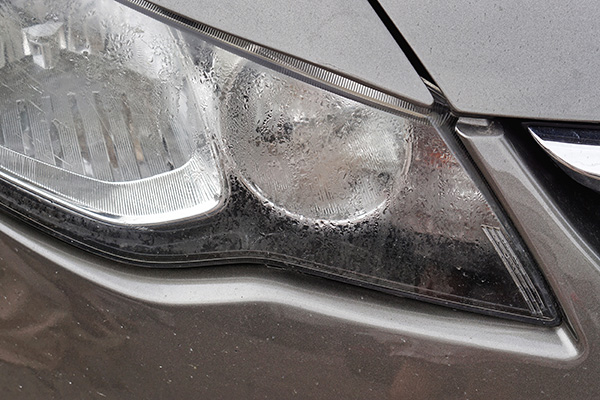
You go to check your headlights and notice a cloudy film building up inside the lens—not on the outside where you can just wipe it off, but trapped behind the cover. That lingering haze is condensation inside the headlight housing, and it usually builds up gradually over time. It might not seem urgent, but moisture in your headlights can dim your beam, shorten the life of bulbs, and corrode internal components if left unchecked. So what’s allowing water to get inside—and what’s the best way to fix it before it turns into a bigger problem? How Moisture Gets Inside a Sealed Headlight Most modern headlight assemblies are sealed units, but “sealed” doesn’t mean airtight. These housings are designed with small vents that allow heat to escape and equalize pressure when the lights heat up and cool down. However, these same vents can also allow moisture in the form of humidity, rainwater, or even car wash mist to enter the housing ... read more
Posted on 3/28/2025
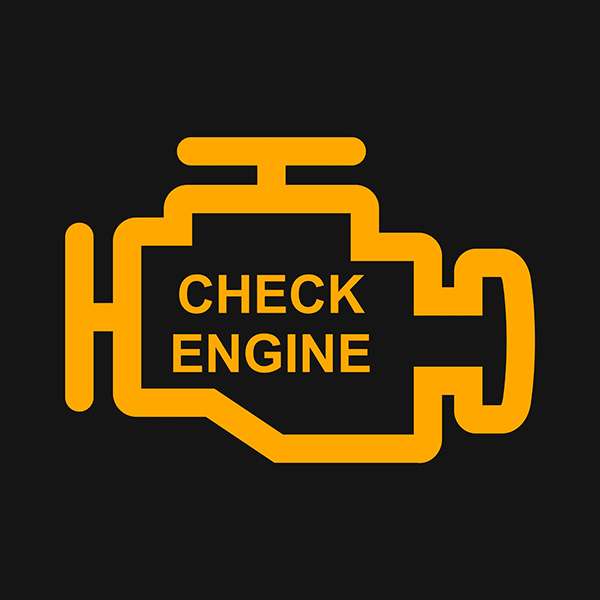
Your check engine light is your dashboard's most misunderstood warning indicator. It’s easy to assume that as long as your car is running fine, the light isn’t a big deal. But ignoring it can lead to serious mechanical problems, expensive repairs, and even a breakdown at the worst possible time. This warning light is your vehicle’s way of telling you that something isn’t functioning as it should. Whether it’s a minor issue like a loose gas cap or a major problem like a failing catalytic converter, putting off an inspection can allow small issues to turn into major, costly repairs. Understanding what your check engine light means and what can happen if you ignore it can save you both time and money. Why Does the Check Engine Light Turn On Your car’s onboard diagnostic system (OBD-II) is designed to monitor key engine and emissions components. When it detects a problem, the check engine light turns on to alert you. The cause cou ... read more